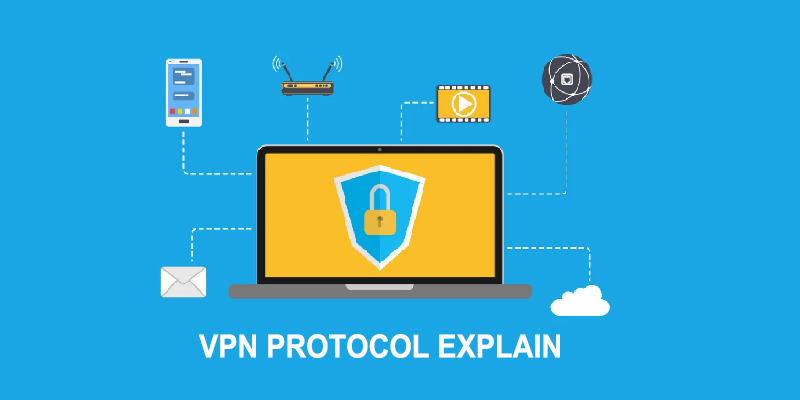A VPN, or Virtual Private Network, is a technology that allows users to create a secure and encrypted connection over a public network, typically the internet. It enables users to send and receive data as if their devices were directly connected to a private network, even when they are accessing the internet through a public network or an unsecured Wi-Fi hotspot.
There are several reasons why people from different countries might choose to use a VPN:
- Privacy and Security: VPNs provide a layer of encryption, which helps protect sensitive data from being intercepted or accessed by hackers, government agencies, or other unauthorized individuals. By using a VPN, users can ensure that their online activities and personal information are kept private and secure.
- Bypassing Geographic Restrictions: Some online content and services are geographically restricted, meaning they are only available to users in specific countries or regions. With a VPN, users can change their virtual location by connecting to a server in a different country. This allows them to access geo-restricted content and services as if they were physically present in that location.
- Overcoming Censorship: In certain countries, governments impose strict internet censorship, blocking access to certain websites, social media platforms, or online services. By using a VPN, individuals can bypass these restrictions and access the open internet, allowing them to communicate freely, access information, and express their opinions without censorship.
- Enhanced Online Anonymity: VPNs can help protect user identities and online activities by masking their IP addresses. This makes it more difficult for websites, advertisers, or other entities to track and monitor users’ online behavior.
- Secure Remote Access: VPNs are commonly used by businesses and organizations to provide secure remote access to their internal networks for employees working remotely. This allows employees to access company resources, files, and applications securely, as if they were physically present in the office.
